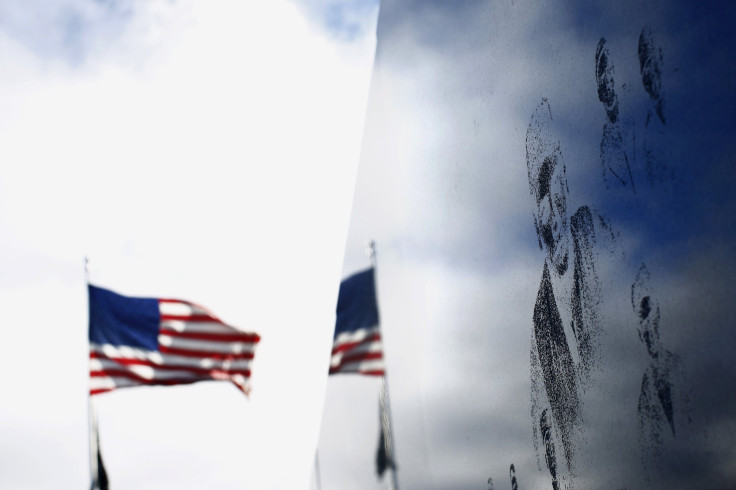Remains of US Soldier who fought and went missing in 1950s Korean War finally identified

For years, the family of a US soldier who fought and went missing in the Korean War had no idea what really happened to their son, brother and uncle.
In February 1951, James M. Smith of Abbeville, Georgia had been assigned to an Infantry unit supporting the South Korean Army in attacks against the Chinese People’s Volunteer Forces (CPVF). On Feb. 12, the CPVF counter-attacked and forced South Korean units to retreat, leaving American forces to fight alone.
After the battle, Smith was reported missing and two years later a military review board amended his status to deceased. However, no remains associated with him were located.
Until now.
On Sunday, the US Department of Defense announced that Smith’s remains have finally been identified, and will be returned to his family for burial with full military honours.
“It was a big thing in my growing up. Everybody was always talking about my uncle," Smith’s niece, Geneza Smith, told The Telegraph.
"It's unbelievable to me because I know how much it meant to my father and his father."
According to the Pentagon, North Korea had returned 208 boxes of “commingled human remains” to the US between 1990 and 1994 – remains which are said to account for at least 600 US servicemen. That everything was boxed together slowed down the identification process, as researchers had to go through remains piece by piece.
“North Korean documents included in the repatriation indicated that some of the remains were recovered from the vicinity where men captured from Smith’s unit were believed to have died,” the statement continued.
Scientists from the Department of Defense POW/MIA Accounting Agency (DPAA) and Armed Forces DNA Identification Laboratory used circumstantial evidence to identify Smith’s remains. This included two types of DNA analyses, one which matched Smith's brother and cousin, and another which matched a brother.
Scientists also conducted a dental analysis and found that it matched Smith’s records.
Geneza’s father -- James’ brother -- had given a blood sample in 1991 for DNA matching. According to the Telegraph, he unfortunately passed away in 2011 without receiving news of the match.
The Korean War began on June 25, 1950, and within a week, saw the Korean People’s Army (KPA) drive the Republic of South Korea’s forces down the peninsula. South Korea called for help from their ally, the United States, with then President Harry S. Truman committing troops and forces within two days of the war’s beginning.
Today, 7,823 Americans remain unaccounted for from the Korean War.
Australia was also involved in the war, sending over 17,000 soldiers to serve. Over 1,500 were wounded, 340 were killed and 29 became prisoners of war.




















